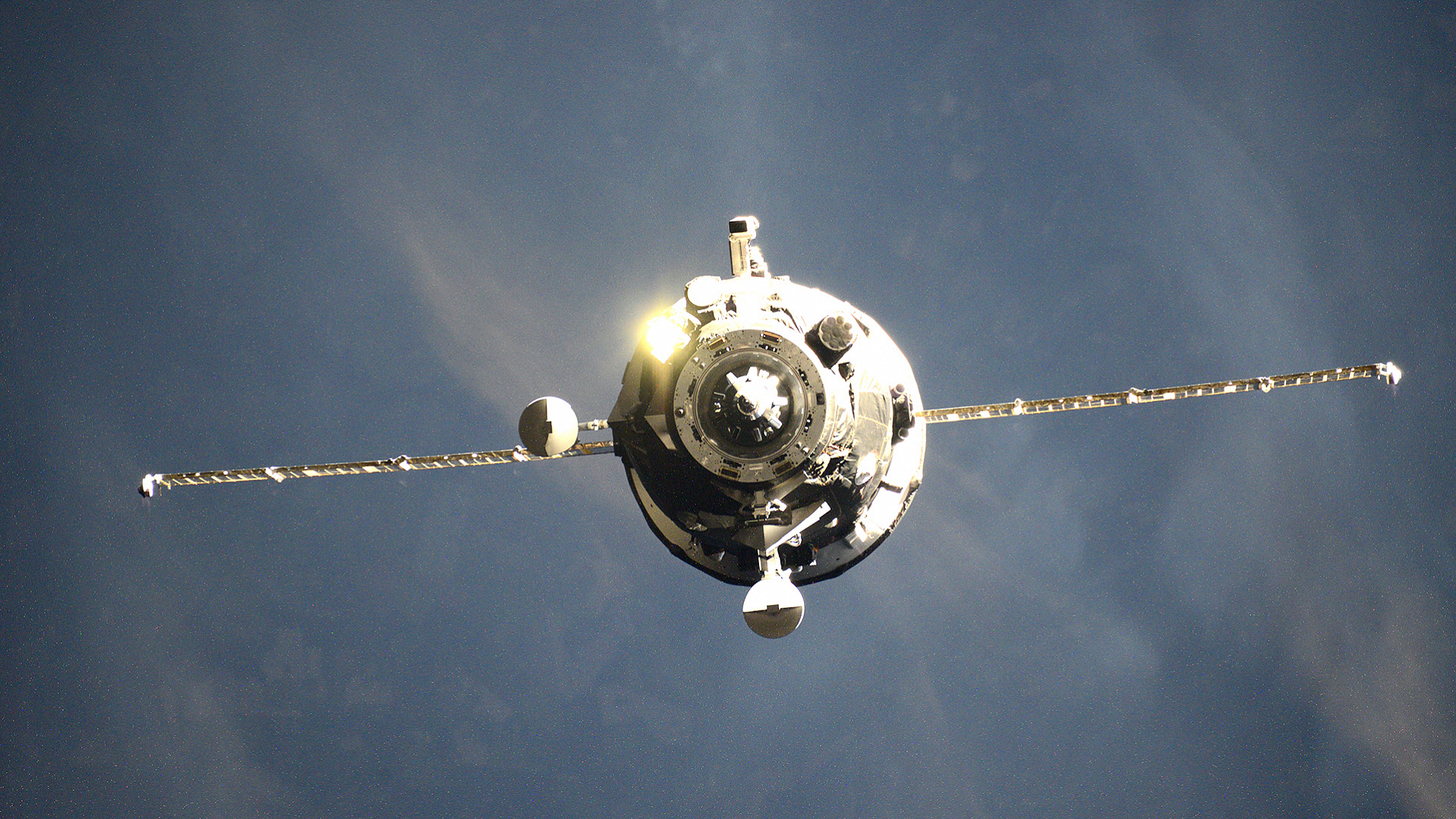NEW RECORDS FOR SPEED DOCKING

“Kurs-NA” radio system for mutual measuring motion parameters for spacecraft search, rendezvous and docking (MMS), developed in JSC RIPI on July, 23 has successfully performed automated docking of the “Progress MS-15” cargo spacecraft with the Russian segment of the International Space Station (ISS). The docking was performed at 20:44 Moscow time in 3 hours 18 minutes 31 seconds after the launch.
Thereby, the “Progress MS-15” cargo ship set a new record for reaching the ISS. A few hours earlier, at 17:26:21 (Moscow time) “Soyuz-2.1a” carrier rocket was successfully launched from the Baikonur Cosmodrome launch pad No. 31. This carrier rocket after 529 seconds delivered “Progress MS-15” space cargo ship into the artificial Earth satellite orbit.
The approach and docking operations of the spacecraft with the ISS were performed under a two-orbit scheme. This was the fifth flight of “Progress” spacecraft to the ISS that was launched under an ultra-fast 3-hour (two-orbit) scheme. In the future, it is planned to use this scheme for “Soyuz” manned transport spacecraft that currently flying to the ISS under a fast 6-hour scheme. The berthing and docking operations of the spacecraft were performed automatically under control of the specialists from the Mission Control Center of TsNIIMash (part of Roscosmos) and Russian ISS-63 mission crewmembers – Roscosmos cosmonauts Anatoly Ivanishin and Ivan Vagner. Currently, NASA astronauts Chris Cassidy, Douglas Hurley and Robert Behnken are also working from the ISS.
These days, the developers of “Kurs-NA” system celebrate 20 years of the first spacecraft docking to the ISS using “Kurs-A” system that took place on July 26, 2020. Throughout these years, the system has guaranteed fail-safe dockings of manned transport spacecraft to ISS. So far, no equipment failures in “Kurs” type system have happened over the entire period of the ISS operation.
RIPI Press Service
prepared by using materials from
Roscosmos Press Service